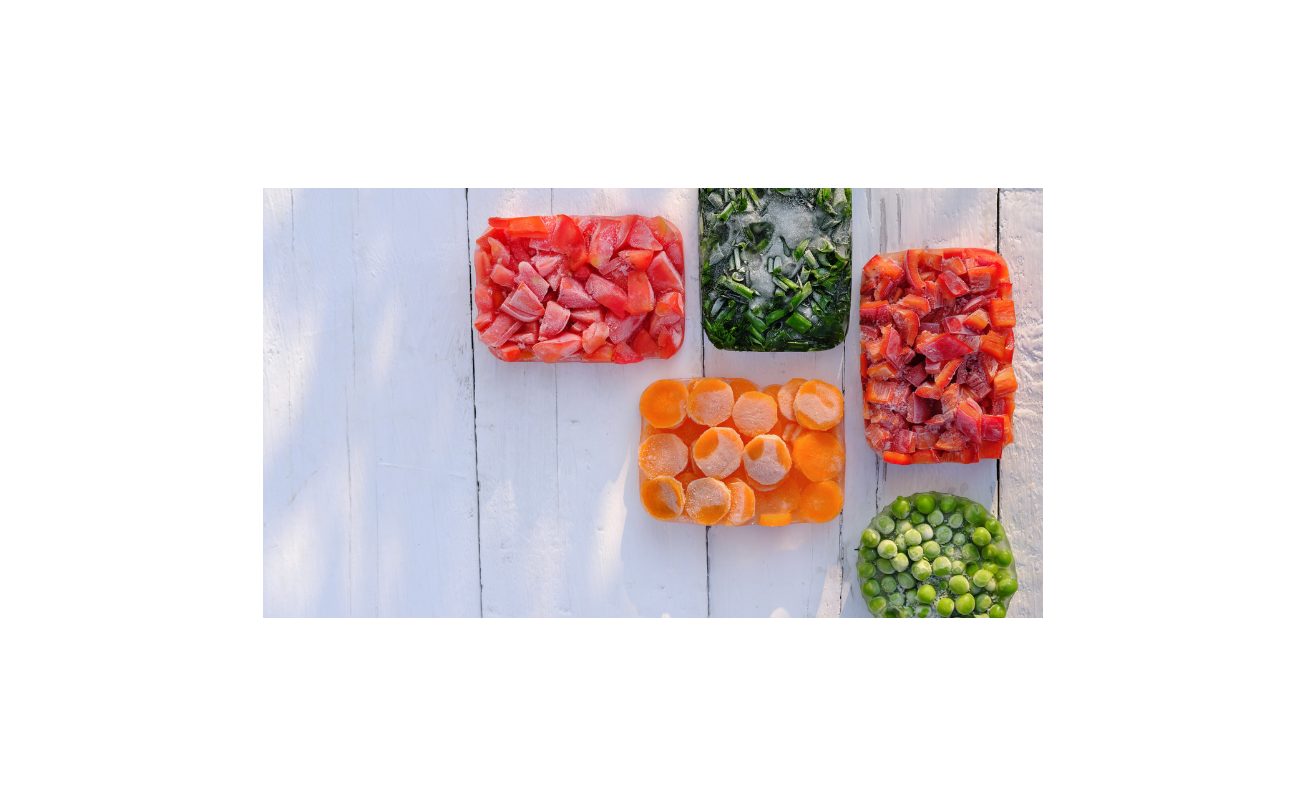[ad_1]
Depending on where you live, you may not always have access to fresh produce. Even if your favorite fresh fruits and veggies are at the store, they may be more expensive during their off-season. For this and many more reasons, you should take advantage of frozen produce.

Benefits of Eating Fruits and Veggies—Fresh and Frozen
There are many good reasons to eat fruits and non-starchy vegetables, especially as a person with diabetes. They provide nutrients, improve blood glucose (blood sugar) levels, lower blood pressure, and assist in managing weight. You should strive to eat as much produce year-round as you can.
Why You Should Eat Frozen Produce
-
Wider variety
When you take advantage of frozen produce, you’ll have a wider variety of choices than in the fresh produce section. It opens the door to endless healthy and delicious meals you can prepare.
-
Peak ripeness
Frozen produce is picked at peak ripeness—and its nutritional value remains intact when frozen. That means you get the same nutritional benefits of vitamins and minerals in your food as you would eating fresh fruits and vegetables.
-
Less food waste
Frozen produce creates less waste. If you’re craving a summer fruit smoothie, you can pull out the amount of fruit you need from your freezer and put the leftovers back without worrying about them going bad.
You can do the same whether you’re adding spinach to a baked chicken dish, making , or baking . If you’re someone who tends to let fresh produce go uneaten until it goes bad, frozen fruits and vegetables may be the better choice for you.
When Fresh Produce is the Better Option
While frozen produce is an excellent option due to the wider variety, ripeness level, and food waste reduction—there are few situations in which fresh produce is the better option.
For example, choose fresh when you’re eating raw produce on its own (like a bowl of strawberries) or as part of a larger dish (like spinach on a sandwich). When you thaw frozen produce, the texture and moisture level changes and it can become unpleasant to eat.
However, the texture change doesn’t affect how the dish tastes when the produce is cooked or blended. In those situations, frozen is just as good as fresh.
Making Your Own Frozen Fruits and Veggies
If you recently bought a lot of fresh fruits or veggies you love from the grocery store or have grown some in your garden—like berries, pineapples, or squash—and you don’t want them to go bad, you can freeze them yourself! Simply slice or cube the produce (other than the berries), lay them flat on a sheet pan, and freeze.
Gather them into a freezer bag and mark the bag with the ingredient name and date (most frozen produce will last eight months to one year in your freezer). Now you have your own frozen produce to enjoy at your leisure!
No matter what fruits and vegetables you decide to stock your freezer with, be sure to sign up for the Diabetes Food Hub e-newsletter for ideas and inspiration on how to use them in new recipes.
[ad_2]
Source link

